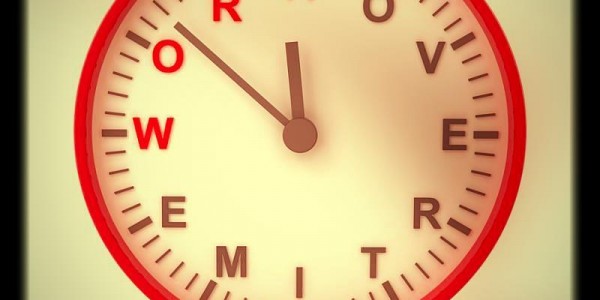By: Pamela A. Lee, Esquire
[email protected]
The U.S. Department of Labor released its final rule today under the Fair Labor Standards Act (“FLSA”) which doubles the threshold at which employees are exempt from overtime pay to $47,476, effective December 1, 2016.
Clock with work overtime text 3d render
What does this mean?
It means that employees earning less than $47,476 a year will be eligible for overtime pay-time and a half-for each hour they work over 40 hours a week. The previous threshold was only $23,660.
So now, the so-called white collar exemption exempts employees from entitlement to overtime pay only if:
1.their job duties primarily involve executive, administrative, professional, or outside sales or computer employees;
2.earn less than $47,476 a year; and
3.at least 90% of the employee’s salary is paid on a “salary” basis, meaning a predetermined and fixed salary
In addition, this new rule mandates that the threshold will be updated every three years, rising to $51,000 in 2020. The last increase had been in 2004.
This new rule is expected to affect 4.2 million workers who will now be eligible for overtime pay.
Businesses should know that non-discretionary bonus payments and incentive payments (such as commissions) can count towards the threshold. An employer who pays an employee a bonus or incentive payment which then puts the amount earned over the threshold amount does not have to pay overtime as long as no more than 10% of the salary level is satisfied with bonuses or incentive payments.
There are exceptions. For example, FLSA does not apply to most businesses with annual sales under $500,000. While the FLSA does not provide an exception from overtime pay for non-profit organizations, there are options available. For more information regarding how the FLSA affects non-profit organizations from the U.S. Department of Labor, you can visit its website at www.dol.gov or click here .
The Department of Labor has published a compliance guide for small businesses which you can get here . Similarly, it has published a compliance guide for the higher education sector which you can get here.
Questions or Concerns? The attorneys at the Law Firm of DiOrio & Sereni, LLP are available to help navigate your way through the new changes. Contact Pamela A. Lee, Esquire at 610-565-5700, or send her and e-mail at [email protected].
Like what you see? Join our mailing list













